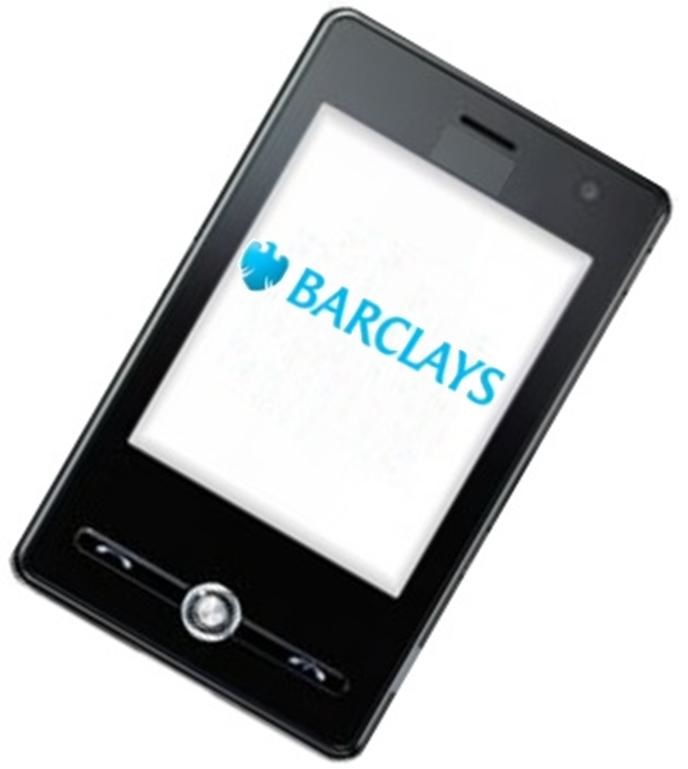How Far Can Mobile Technology Travel?
Using mobile technology has become part of most people’s everyday lives, so when we go on vacation or travel abroad for business, we expect to take our various devices with us and to be able to use the apps that we take so much for granted at home, wherever we are in the world. We may even use apps that are designed to help travelers or to enable international communication. However, traveling internationally is not always as easy for technology as it is for us, so we can experience more than just the usual problem of having to find different power adapters in order to charge our devices in different parts of the world. Some apps and devices are built to travel further than others.
Apps for Travelers
Among the apps that travel well are many that have been designed with travelers in mind, although some of these travel-based apps tend to be of more use at home when planning a trip and booking flights or accommodation than when actually on vacation. It has become commonplace for people to research and book services online when preparing for a trip, but this still tends to be done on laptops or desktops rather than mobile devices. Apps and services that are designed to be used by travelers while they are away from home, even overseas, are a more recent development. Tour provider Iglu Ski has collected a list of some of the most useful travel apps, which includes the sorts of translation services, flight tracking and attraction guides that can be useful abroad, as well as tools for planning a trip that can be used from home. It reveals some of the changes being made in the international mobility of mobile technology. The majority of travelers now expect to use their smartphones to stay in touch and check social media while they are away, with many also using them to take photos, check directions and learn about nearby attractions, or even feeling pressure to continue working remotely while on vacation. According to a survey conducted by Frommer’s Unlimited the proportion of people using their phone on vacation has increased to 52% from just 27% in 2010, although the figure is even higher for people between the ages of 18 and 34, with 72% using their smartphones on vacation.
Apps Designed for International Use
Although many travel related uses of technology are concerned more with trip planning or looking back at vacation memories after the return home, there are a growing number of apps that are designed to be used while on vacation or overseas. Some apps simply work internationally because they are designed for use by people living in different parts of the world, but others are intended for people who are traveling across borders. For example, the Word Lens app can be used to translate written signs from smartphone photos, while Help Call can automatically connect users to emergency services in 126 different countries. These types of apps can detect a user’s location and provide relevant information and assistance.
Apps Limited by Location
Although apps and mobile devices are increasingly used abroad, the usefulness of some apps is still limited by location. Data and roaming charges can prevent people from making use of their smartphones while they are abroad, particularly those apps that require a lot of data streaming, although there are apps that are designed to help reduce the costs of using smartphones abroad, for example by offering cheaper international calls. Other apps are even more limited, since they will only function from particular locations or countries, while some simply offer limited functionality when traveling outside of major cities or when visiting a country where less geographic information has been collected and made available online. Travel apps that may provide a wealth of information about local transport and attractions in a major city in the US could provide very little assistance when visiting a small town in Australia or traveling through the Chinese countryside.
Making Mobile Technology Travel
Avoiding these types of geographical limitations will become more important for developers in the future, as smartphone use increases around the world and the travel industry continues to expand, but creating apps that can work no matter where in the world you are poses certain challenges. One of the main challenges for the developers themselves is ensuring that their apps provide a similar level of functionality no matter where the user is located, which will be much harder for apps that are supposed to provide local information. Remote locations are unlikely to be as well served as major cities, no mater whether the data is user generated or provided by the developers. Another issue is creating apps that can cross linguistic and cultural boundaries. Developers that can create apps which are as attractive to the growing markets in China, India and Africa as they are to the European and American markets will have a significant advantage. However, some of the potential issues for international app use are outside of the control of developers, since true mobility will require better network coverage and lower charges for international travelers.

 The Barclays head of U.K. corporate payments, Mike Walters, explained that “Consumers today want quick and convenient ways to receive value.” He went on to add that by using mobile payments, they have a solution that is both rapid and secure for accomplishing that goal, without ever having to share their account numbers with anyone else, including the company from whom they are making the purchase.
The Barclays head of U.K. corporate payments, Mike Walters, explained that “Consumers today want quick and convenient ways to receive value.” He went on to add that by using mobile payments, they have a solution that is both rapid and secure for accomplishing that goal, without ever having to share their account numbers with anyone else, including the company from whom they are making the purchase.